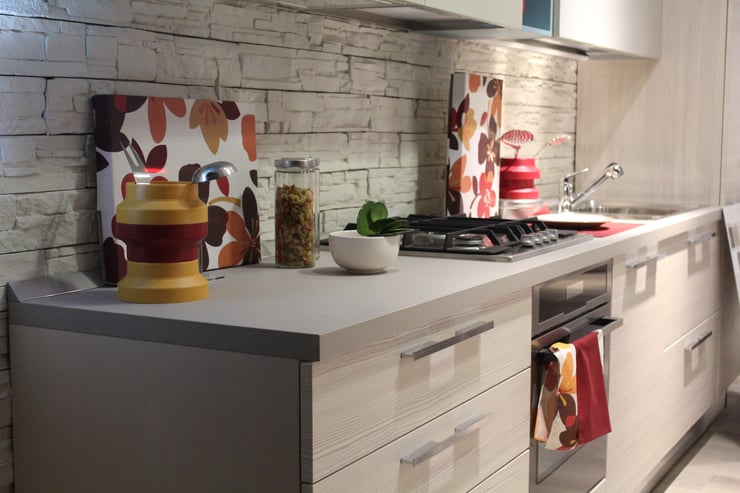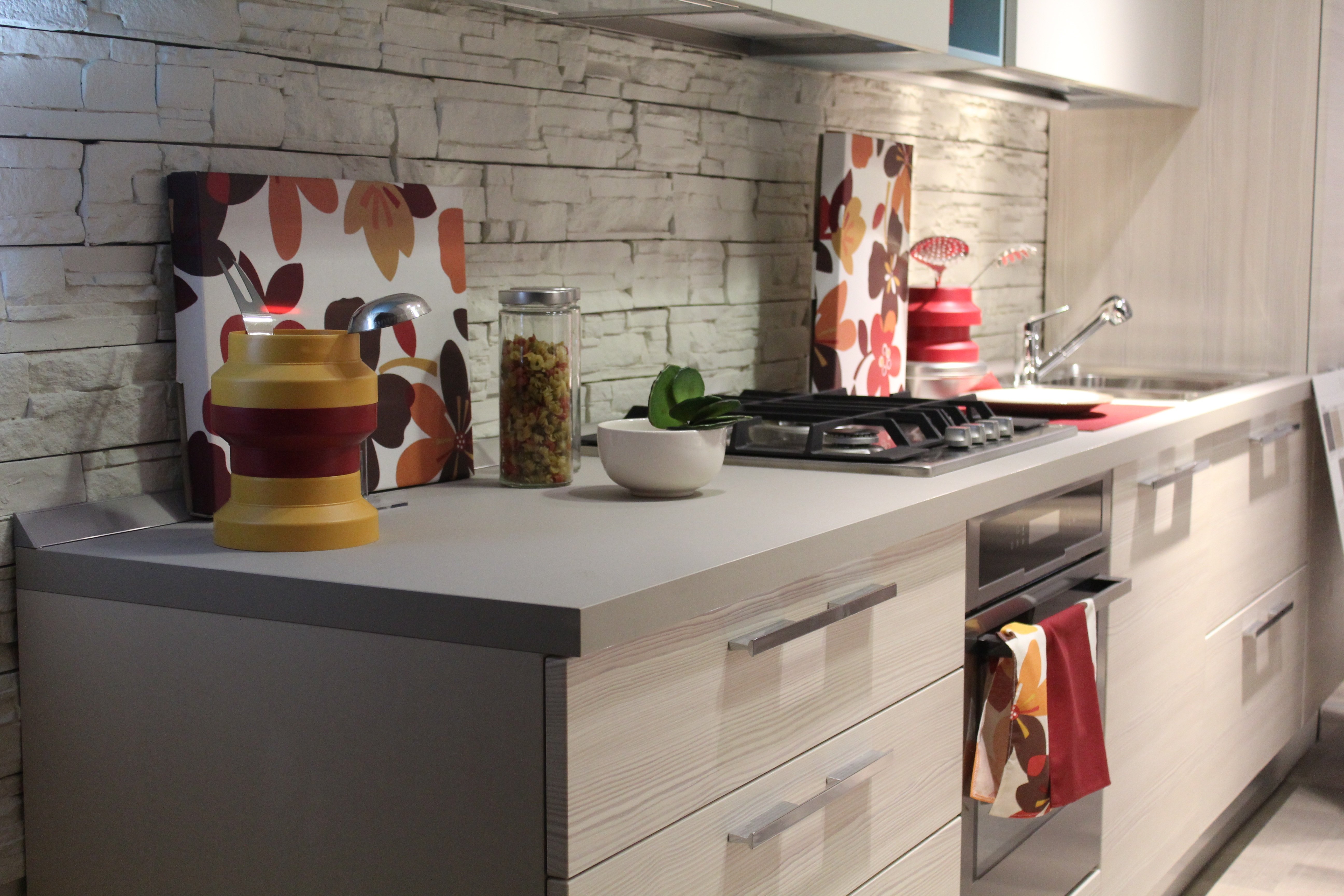Considering Concrete Countertops for your CT Home?
 Whether you’re building a new Connecticut home or remodeling your existing home, you’ll want to pay special attention to your kitchen. That begins with having a design that fits your specific lifestyle (and here’s a post that helps you answer some key questions about that). There’s no denying, however, that choosing the right countertop materials has a huge impact on how your kitchen looks and feels. One material option that’s grown in popularity is concrete. Should you be considering concrete countertops for your CT home?
Whether you’re building a new Connecticut home or remodeling your existing home, you’ll want to pay special attention to your kitchen. That begins with having a design that fits your specific lifestyle (and here’s a post that helps you answer some key questions about that). There’s no denying, however, that choosing the right countertop materials has a huge impact on how your kitchen looks and feels. One material option that’s grown in popularity is concrete. Should you be considering concrete countertops for your CT home?
According to realtor.com different states gravitate toward different interior design styles. They have Connecticut pegged as favoring Victorian design—and in fact, Victorian is the most popular style across the nation. But one trend that’s been steadily growing in popularity is Industrial, and one of the facets of Industrial design is the use of concrete sinks.
There are some strong things that favor concrete counters. They definitely lend an industrial and trendy look to a kitchen and they’re durable. They do, however, have some downsides. Let’s look at a few of the drawbacks of concrete counters.
They Aren’t Maintenance Free
Counters made from concrete aren’t a “set-it-and-forget-it” proposition. They should be resealed every couple of years. And you do have to be careful not to use abrasive cleaning materials on them.
Concrete Cracks
Anybody who works with concrete knows that hairline cracks in the surface are simply a normal part of the material. Some homeowners like the weathered, industrial look. Other people don’t like it at all. You can repair them, but will you want to? It’s not really a structural problem. It’s normal. But will you like that look?
Concrete Can Scratch and Stain
Concrete is basically a porous substance that can absorb liquids (such as juice, red wine, coffee, olive oil, etc.). It’s also possible for bacteria to grow in hairline cracks. That means it’s essential to seal concrete counters after installation and maintain them. As with the cracks mentioned above, some people like the rough and rugged patina that concrete counters offer. That may or may not be your style.
Consider the Cost
We tend to think of concrete as an inexpensive material. While concrete is certainly less expensive than high-end marble you're still not talking "bargain-basement" pricing. Depending on texturing and pigmentation (staining), you should probably plan on spending in the range of $65 to $135 per square foot.
If you’re not in love with the rustic/industrial look of concrete countertops, here’s an article that reviews other options for your Connecticut home.





.jpg)
.jpg)